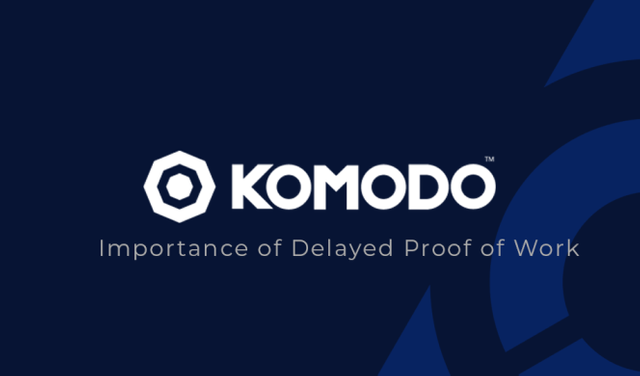
To understand defense, we must first explain the attack. The term 51% attack is given to a potential attack on a network when the majority of the hashrate (or mining power) is controlled by one person, body or collective group. These networks are secured by miners being in consensus on a shared ledger or blockchain. We rely on the collective nodes to agree that the current blockchain is the right and valid version. However, when one person, body or collective group, gains majority hashrate, they in theory can decide what transactions to approve. By not approving certain transactions, they could, in theory, allow their coins to be ‘double spent’, meaning they can spend their coins more than once.
We term this a 51% attack, as it is commonly agreed that you would require more than half of the hashrate to be successful. It is however, possible to achieve the same outcome with less hashrate, just decisively harder. The less hashrate you control, the lower your odds of success.
As Bitcoin works on ‘the-longest chain’ theory, the previous blocks are not likely to be altered and the 51% attack would target the current blocks. In the event of a 51% attack, the attacker could create transactions in exchange for goods for example, while simultaneously mining blocks which do not contain those transactions.
As is the case with all POW blockchains, the value and confidence we have in them, is determined by their ability to protect themselves. A 51% attack can do irrevocable damage to the reputation of a blockchain and its investors and users alike.
This was a challenge we, like most other aspiring projects, were faced with when looking at which type of technology to use for our Zaddex Exchange coin (ZEX).
SO HOW DO YOU PROTECT AGAINST ATTACKS?
Fortunately, Komodo has come up with an option that appears to offer a unique form of defense against such attacks. It is known as Delayed Proof of Work, or dPoW. “The solution would be to allow other cryptocurrencies to take advantage of bitcoin’s hashing power. Delayed Proof of Work is a solution that utilizes multiple existing methods in a single hybrid consensus system, that at the same time is as energy efficient as PoS while being secured by bitcoin PoW.”
What is dPoW, exactly?
“To put it really briefly, Komodo has a network of 64 community-elected nodes that notarize a blockhash onto the Bitcoin ledger (using OP_RETURN command) every ten minutes. This creates a checkpoint, so to speak, and any transactions that have occurred prior to that notarization are protected with the power of the BTC network. The process takes place every 10 minutes so potential attackers don’t have enough time to launch a successful attack.”
Daniel Pigeon
Komodo Platform
By using dPoW smaller blockchains with less hashrate are basically being protected by Bitcoins hashrate, via the notary nodes in the Komodo ecosystem. This is a potential solution, to a problem that has plagued smaller blockchain projects for a number of years.
SO DOES IT REALLY WORK?
In October an ethical hacker known as GeoCold on Twitter, attempted a very public 51% attack on the blockchain project Einsteinium. It was not long before this event that Einsteinium became one of the first independent blockchains based on Komodo, to take advantage of the dPoW offering. Einsteinium joined the likes of Hush, GameCredits and Kreds in choosing this particular method of defense. Once it was discovered that the blockchain was protected by this method, GeoCold had no option but to choose another project to attack and although the method is still being developed, it is an obvious option in defending your blockchain against potential 51% attacks.
With security being a pillar of the Zaddex values, we felt it an obvious choice to create our blockchain using the Komodo opensource technology.
Zaddex looks forward to welcoming you to the community join the discussion in our discord (https://discordapp.com/invite/tjScxjF)